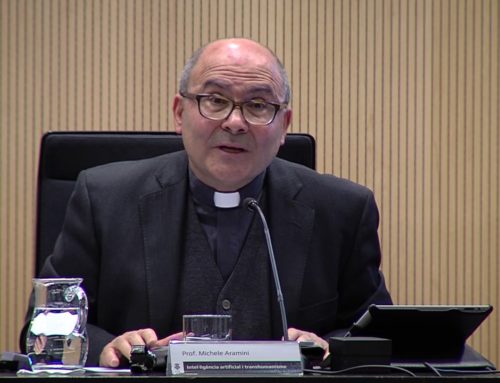In India, as in all countries around the globe, violence against women occurs daily. The issue of violence against women in India was brought to the forefront after the brutal gang-rape of a 23-year-old woman in Delhi on 16 December 2012.
A Commonwealth Human Rights Initiative (CHRI) analysis of reported rape cases between 2001 and 2013 shows 2,64,130 rapes were reported in 28 states during the 13-year period – an average of almost 56 incidents of rape per day. In the seven Union Territories, the average is almost two rapes per day. However, Delhi alone accounted for 8,060 reported incidents during this period.
Violence against women in India is an issue rooted in societal norms. There are profound moral and human costs in sexual violence which could destroy our communities, our society and our future.
India’s sex ratio is known to be among the most imbalanced in the world, is a sign of continued inequality between the sexes that have been part of India’s socio-economic fabric for centuries.
The fight against this culture of violence must start with respect for life, especially for the girls for whom violence begins in the womb with female feticide and infanticide and possible neglect of young girls during infancy indicating a high preference for male children rather than female children, thus shaping cultural norms. The social fabric of our country has been torn apart by the rising number of rapes. It is urgent to intensify our efforts to create a society in which women and girls can live with dignity and equality, free from all forms of violence.
Preventing violence requires the sustained involvement of socializing institutions at the community and state levels, including schools, faith-based organizations, media and popular culture, including police and the authorities. We need zero tolerance against exploitation and sexual violence against women.
After the New Delhi gang rape, Indian Government set up the Justice Verma Committee to propose amendments to criminal law dealing with sexual offences. He called for tough jail terms for gang rape; for acid attacks, stalking, voyeurism and trafficking to be made specific offences; and for dereliction of duty by the police or medical authorities in responding to a rape victim to be made a criminal offence. The anti-rape law brought out by the government introduced stricter penalties for crimes against women, including death in extreme cases (death penalty was opposed by the Catholic Church).
Legal norms are important but they scarcely protect, what needs to change now is social and cultural attitude towards women.
Dr Pascoal Carvalho, Corresponding member of the Pontifical Academy for Life,
Member, Diocesan Human Life Committee (DHLC), Archdiocese of Bombay
(Article for the FIAMC)











[…] VIOLENCE AGAINST WOMEN IN INDIA | F.I.A.M.C: http://www.fiamc.org/In India, as in all countries around the globe, violence against women occurs daily. The issue of violence against women in India was brought to the forefront after the brutal gang-rape of a 23-yea… […]